Upon tightening the construction regulation procedure at the end of 2022 by amending the Law on Construction of the Republic of Lithuania, thus instituting a ban on the sale of residential premises with the completion level rated below 100 percent on multi-apartment buildings, the Committee on Environmental Protection of the Seimas became convinced that this ban would prevent such stories as “Gelvonų terasos” in the future. When considering the changes, it was imagined that the changes to the adopted Law on Construction would be a good thing that would curb unscrupulous developers and protect home buyers and the entire real estate market. The ambition of striving for the avoidance of potential risks is commendable, but have the right means been chosen to achieve the goal?
It should be understood that this radical ban would have the biggest impact on real estate buyers rather than real estate developers. The consequences of the changes in Law on Construction are already obvious:
- the prices of newly built apartments would inevitably increase, according to preliminary calculations, by up to several hundred EUR/sq. m;
- the timelines for moving into a new home would get longer: the construction process is already prolonged due to the lack of builders, and now the search for finishing specialists would also contribute;
- the options for real estate would be diminished even more, as the new requirements would reduce the competition, which means the number of developers able to offer housing would shrink (one could wonder what the position of the Competition Council would be on this issue). In addition, the Bank of Lithuania has repeatedly emphasized that we have come under the European Commission’s sights due to deteriorating housing affordability indicators;
- a real estate buyer loses the opportunity to decide for himself / herself how to furnish his / her home;
- the experience shows that some buyers who purchase housing completed at a 100 percent remake it to fit their individual needs, thus, they dismantle the equipment fitted for the purpose of handing over the premises. What kind of sustainability can we talk about at this point?
Intimidated by isolated high-profile cases, such as “Gelvonų terasos”, the members of the Committee on Environmental Protection of the Seimas decided to take a radical approach limiting their options, which is harmful to the entire market and home buyers. This point leads a question: are we going to ban traffic just because someone caused an accident?
The increasing frequency of unfounded decisions makes one wonder painfully about the reluctance of the Seimas Committee to conduct more extensive analyses of the impact on the market, to offer rational proposals for dealing with situations and to discuss the adopted changes with those who would be directly affected by them. We should strengthen the control mechanism of the process, instead of bulldozing through the market with bans in order to prevent “Gelvonų terasos” in the future.
More than anything else, the real estate business is interested in a healthy, sustainably functioning real estate market: affordable housing, high-quality urban development, healthy and buyer-beneficial competition. Unfortunately, all we have are new taxes, an ever-growing number of requirements, and an ever-tightening-up regulatory procedure.
It is necessary to protect the market and the society from dishonest actors, but the responsible institutions also need to make their decisions competently, having assessed the impact of such steps on both the business environment and the opportunities of their citizens. The aim of the real estate business community to make sure that a reasonably functioning market is the main prerequisite for initiating objective discussions both with representatives of the authorities and with other market participants. If we were to believe the Prime Minister, the ambition of the Government is exactly the same:
“The Government policy and efforts to ensure sustainable legislation are always based on the assumption that the representation of business or other common interests must be an integral part of such legislation. We can expect a high-quality result only by listening to the voice of those at whom the legal regulation would be aimed”, said the Head of the Government in her response to the business community.
Maybe it is about time to hear that voice for the sake of a high-quality result? The changes to the Law on Construction regarding the completion of residential premises will enter into force in 2024, so those in charge have some time for general discussions and rational proposals on how to adjust the law or prepare by-laws in order to achieve high-quality prevention of unscrupulous real estate developers, but without blocking development and business.
Mindaugas Statulevičius,
Head of Lithuanian Real Estate Development Association | LNTPA
